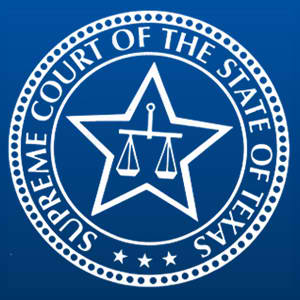August
2012
Fifth Circuit Withdraws Groundbreaking Opinion in Ewing v. Amerisure, Certifies Questions of Insurance Coverage to Texas Supreme Court
The Fifth Circuit Court of Appeals has recently withdrawn its decision in Ewing Construction Company, Inc. v. Amerisure Insurance Company, 684 F.3d 512 (5th Cor. 2012), and certified an important question to the Texas Supreme Court. 2012 WL 3205557 (5th Cir., Aug. 8, 2012).
In its original 2-1 decision, the Fifth Circuit held that a contractor’s obligation to perform its contract in a workmanlike manner constituted an “assumption of liability” which would trigger the contractual liability exclusion. Relying on the 2010 Texas Supreme Court decision of Gilbert Texas Construction, L.P. v. Underwriters at Lloyd’s London, 327 S.W.3d 118 (Tex. 2010), the Fifth Circuit held that a subcontractor’s insurer had no duty to defend the subcontractor in a construction defect action, as the subcontractor’s contractual obligation to perform its work in a workmanlike manner itself constituted an assumption of liability sufficient to exclude coverage. The Fifth Circuit had also held that no exceptions to the exclusion would apply for liability that would exist in the absence of contract.
In its August 8 Order, the Fifth Circuit certified the following questions to the Supreme Court of Texas:
1. Does a general contractor that enters into a contract in which it agrees to perform its construction work in a good and workmanlike manner, without more specific provisions enlarging this obligation, “assume liability” for damages arising out of the contractor’s defective work so as to trigger the Contractual Liability Exclusion.
2. If the answer to question one is “Yes” and the contractual liability exclusion is triggered, do the allegations in the underlying lawsuit alleging that the contractor violated its common law duty to perform the contract in a careful, workmanlike, and non-negligent manner fall within the exception to the contractual liability exclusion for “liability that would exist in the absence of contract.”
In its original decision in Ewing, a well-reasoned dissent argued that the majority had grossly misread Gilbert, and that’s its decision would effectively upend much of established Texas insurance law. In seeking guidance from the Supreme Court of Texas, the Fifth Circuit noted the importance of the questions presented, and noted that the Texas Supreme Court’s opinion would have a significant impact on Texas insurance law.
Further developments on this important issue will be covered by this blog as they occur.



